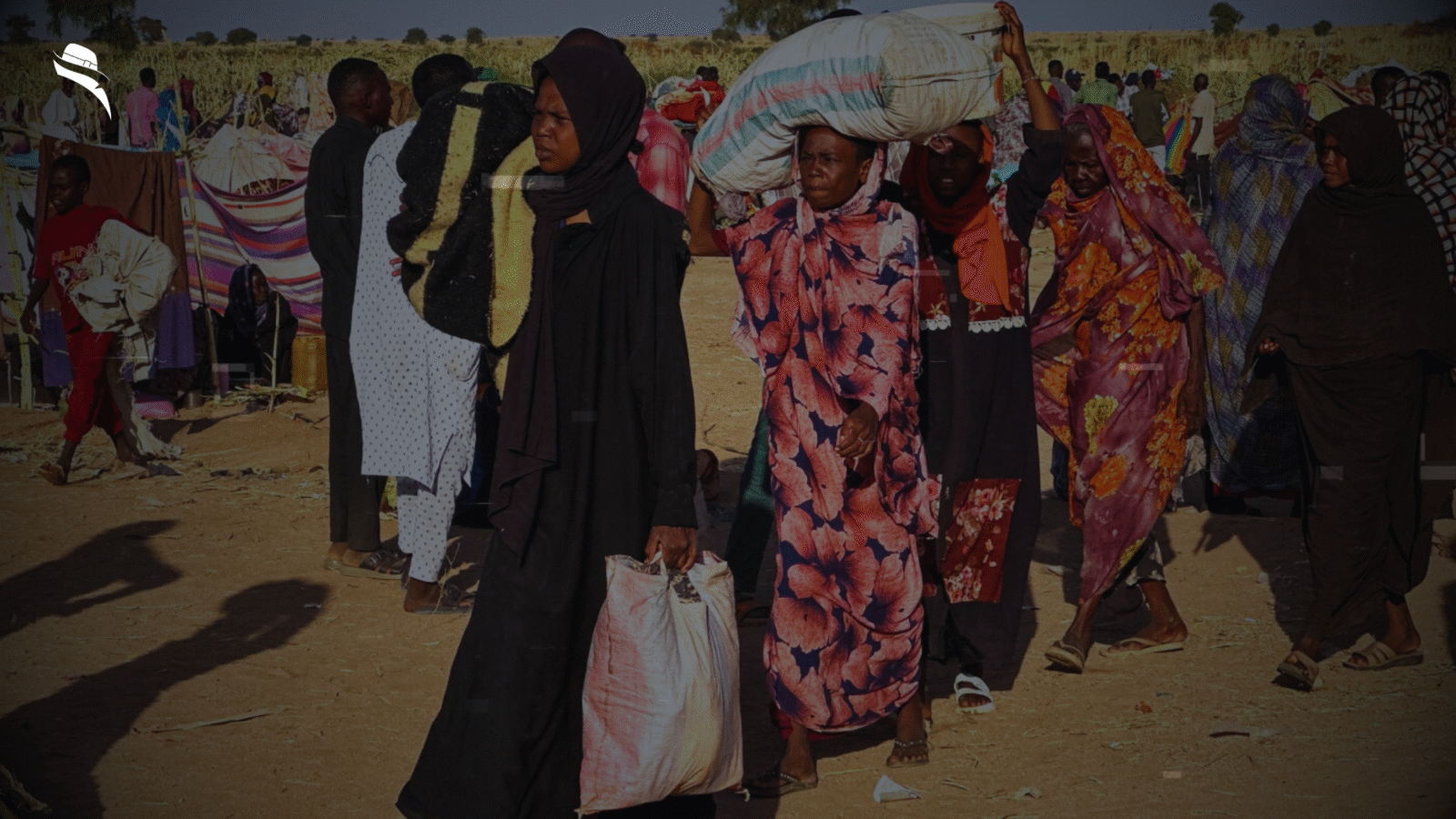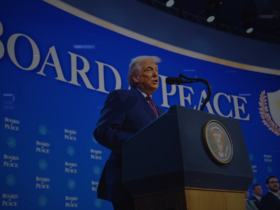The Sudan massacre has reached horrifying new levels as El Fasher descended into “an even darker hell” following its capture by the Rapid Support Forces (RSF) militia. More than 460 patients and their companions were reportedly shot and killed in the Saudi Maternity Hospital during the violent takeover. After enduring a grueling 500-day siege, the North Darfur capital finally fell to RSF forces on October 26, triggering mass atrocities and a desperate humanitarian emergency.
Meanwhile, the latest Sudan armed conflict has forced more than 60,000 people to flee El Fasher in recent days. The Sudan crisis today represents what UN officials describe as “a failure of protection” and a breach of international law. Furthermore, the current situation in Sudan now shows a clear geographic split, with the RSF controlling western Sudan and much of neighboring Kordofan. This devastating conflict has claimed more than 150,000 lives across the country, with approximately 12 million people displaced in what has become the world’s largest humanitarian crisis. Additionally, those who managed to escape report extreme conditions, with 70 children under 5 years old showing acute malnutrition among new arrivals on October 27.
RSF captures El-Fasher after 500-day siege
“We agreed with them to leave the city and to go to a safe place, so as to spare the rest of the citizens and the rest of the city from destruction.” — General Abdel Fattah al-Burhan, Commander-in-Chief, Sudanese Armed Forces
After 500 days of relentless siege, the Sudanese Armed Forces (SAF) lost their final stronghold in Darfur as the Rapid Support Forces (RSF) seized control of El-Fasher [on October 26, 2025](https://en.wikipedia.org/wiki/Siege_of_al-Fashir). The SAF’s 6th Infantry Division headquarters fell after three days of intense ground battles. On October 28, General Abdel Fattah al-Burhan, head of the SAF, publicly acknowledged the withdrawal, stating his troops retreated “to spare the population the systemic destruction and killing of civilians”.
Throughout the siege, the RSF constructed a 56-kilometer barrier around El-Fasher, effectively sealing off escape routes and preventing essential supplies from reaching the estimated 1.2 million trapped residents. Consequently, civilians were forced to survive on animal feed as food and medicine could not enter the city.
This strategic victory marks a decisive turning point in the Sudan armed conflict, granting the RSF control over all five Darfur regional capitals. The capture effectively partitions Sudan between an RSF-controlled west and an SAF-controlled east. As a result, the conflict’s focus may now shift to the central Kordofan region, where fighting has already intensified.
The RSF has announced plans to establish a parallel government across Darfur. This development raises serious concerns about Sudan’s future, as the country appears increasingly fragmented between dual centers of power.
Mass atrocities are reported as civilians flee the Sudan Massacre
Evidence of horrific atrocities emerged almost immediately after El-Fasher fell to RSF forces. The World Health Organization reported 460 patients and their companions were shot and killed at the Saudi Maternity Hospital on October 28. Medical facilities became “human slaughterhouses,” according to the Sudan Doctors Network.
Yale University researchers identified at least 31 clusters of objects consistent with human bodies between October 27-31. Satellite imagery revealed blood stains visible from space. “We have never seen a velocity of violence at this scale,” stated Nathaniel Raymond from Yale’s Humanitarian Research Lab.
Eyewitness accounts describe systematic killings with clear ethnic motivations. RSF fighters conducted door-to-door operations targeting non-Arab communities. Videos shared online show RSF members executing unarmed civilians, with fighters heard saying, “We killed them. They are just dust now”.
Although approximately 65,000 people fled El-Fasher, tens of thousands remain trapped. Those escaping faced extreme danger along the way. “They opened direct fire on civilians,” reported Mutaz Mohamed Musa, who witnessed RSF fighters executing people trying to flee. Many survivors reported men being separated from women and children, with their fates unknown.
Sexual violence has been weaponized throughout this conflict. “Women and girls are disproportionately impacted, facing growing threats of abduction, exploitation, enslavement, gang rape, and other forms of sexual violence,” according to reports. More than 53% of girls interviewed reported incidents of sexual violence during their journeys.
Children bear severe psychological trauma from witnessing atrocities. Save the Children documented cases of children seeing loved ones killed and bodies in the streets. UNICEF confirmed numerous cases of child rape throughout Sudan, with victims as young as one year old.
UN condemns violence and warns of regional collapse
“The conflict has created one of the world’s worst humanitarian crises, displacing more than 11.7 million people, including 4.2 million who have fled as refugees to neighbouring countries, according to the UN figures.” — UN News, United Nations official news platform
United Nations officials have issued urgent warnings about the Sudan massacre, describing it as “one of the worst humanitarian nightmares in recent history”. UN Secretary-General Antonio Guterres expressed “grave concern” about El Fasher, calling for “an immediate end to the siege and hostilities”. Moreover, the UN Security Council condemned the “reported atrocities being perpetrated by the RSF against the civilian population”.
The horrific situation has created the world’s largest displacement crisis, with more than 12.4 million people forced from their homes. An estimated 15 million children now require humanitarian assistance—nearly double the number before the conflict.
Despite a UN resolution in March 2024 calling for the immediate cessation of violence, fighting continues throughout the country. In fact, UN officials criticized the international community’s response, with Assistant Secretary-General Martha Pobee noting, “Reports and warnings about the unfolding catastrophe have been issued for months,” yet “the Security Council has not taken decisive action”.
The humanitarian collapse continues to worsen as 24.6 million people face acute food insecurity with rising famine risk. Critical infrastructure has collapsed, with more than two-thirds of hospitals in affected areas out of service. Given that international funding remains severely limited, UN Human Rights Chief Volker Türk warned that “increasing ethnicisation of the conflict poses grave risks for longer-term stability and social cohesion within the country”.






Leave a Reply